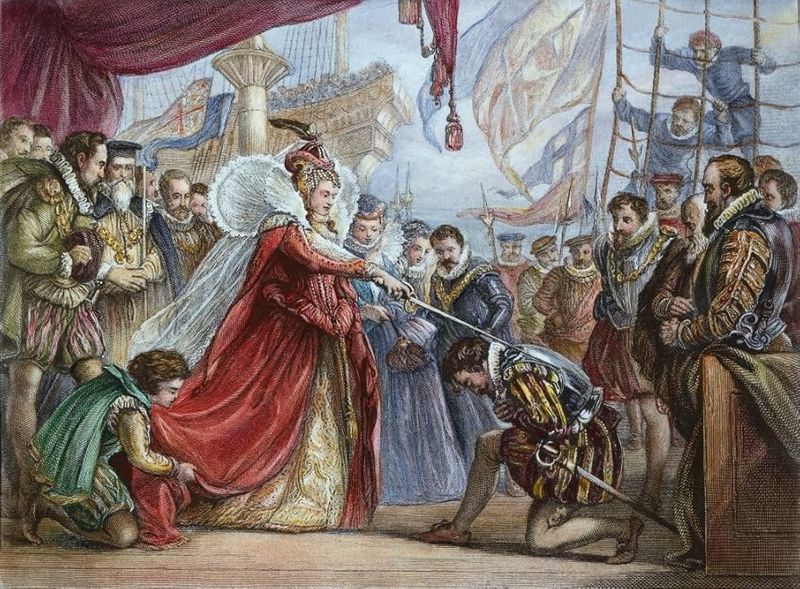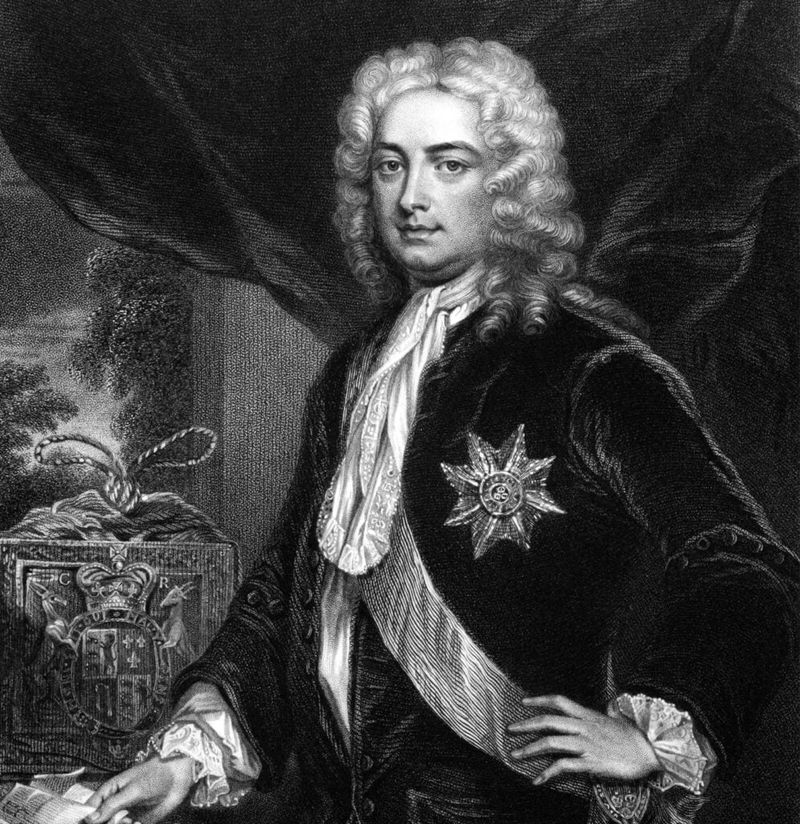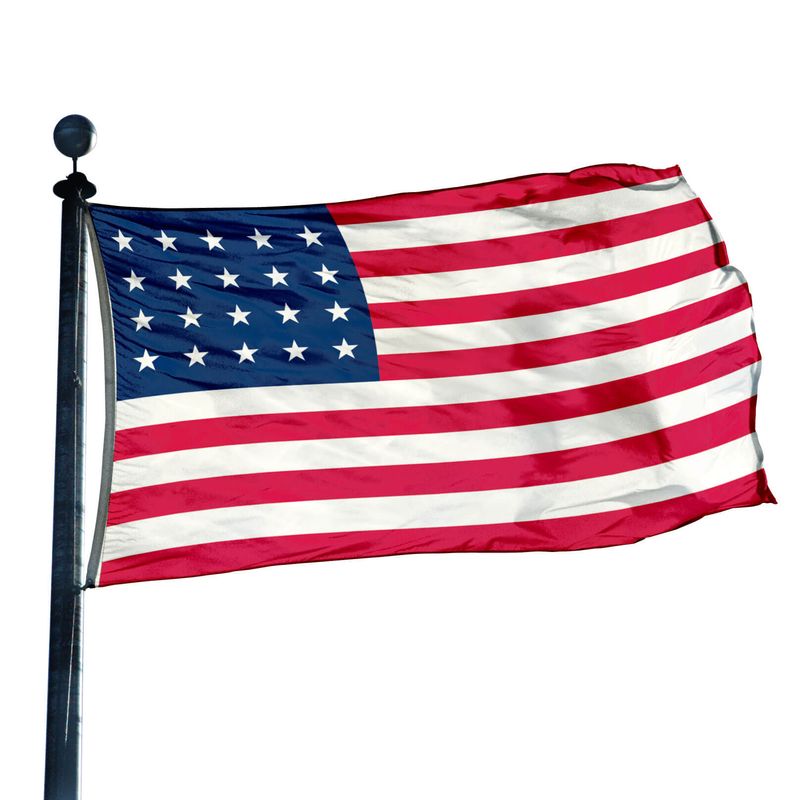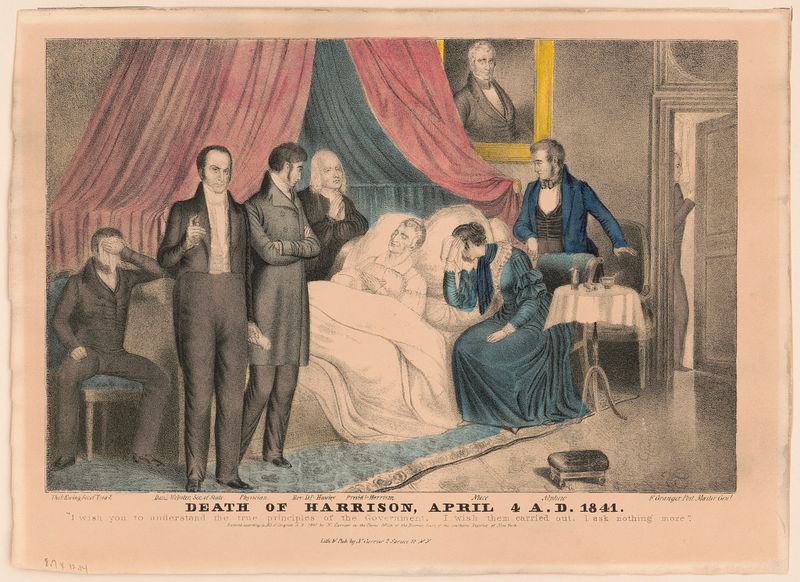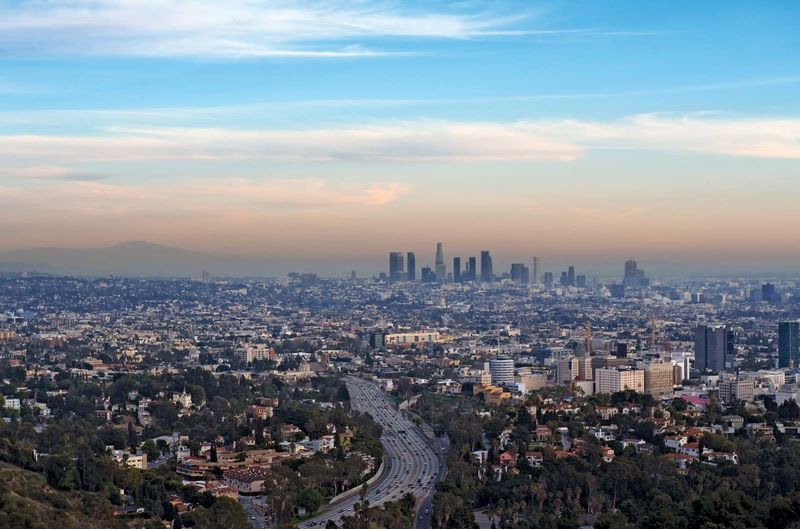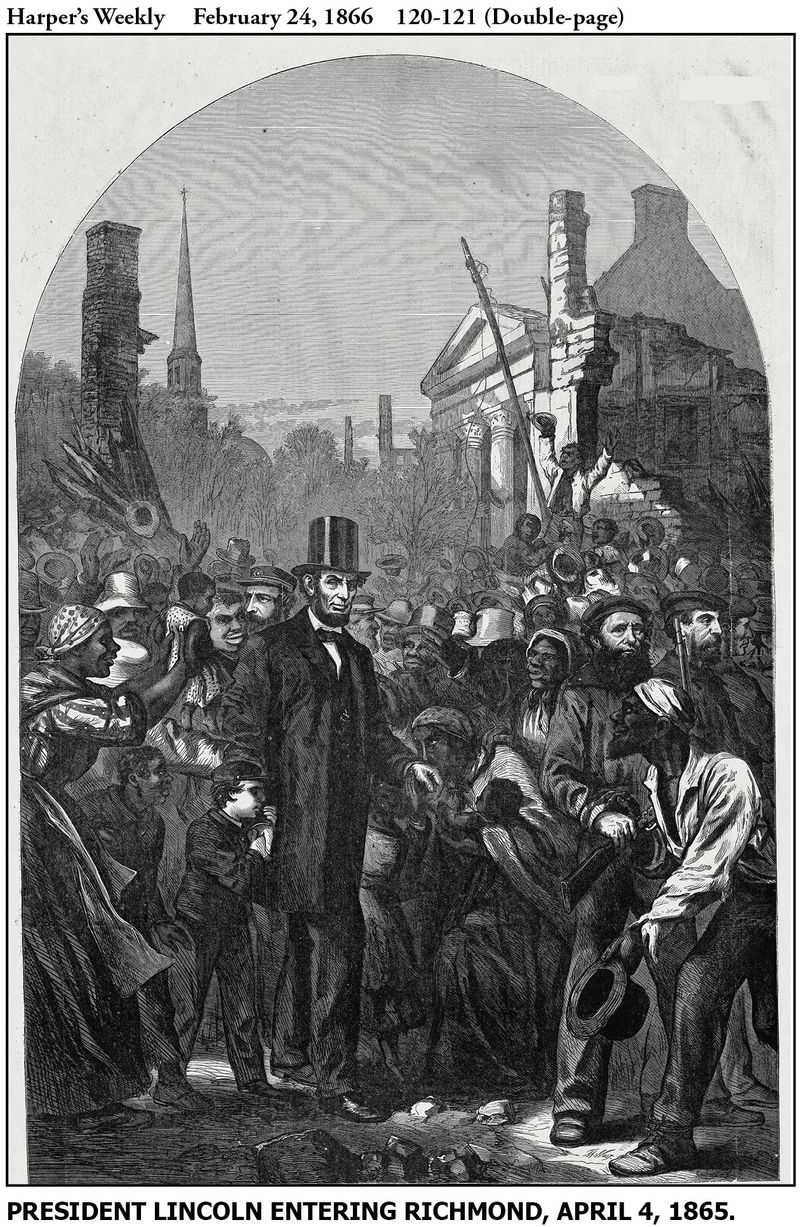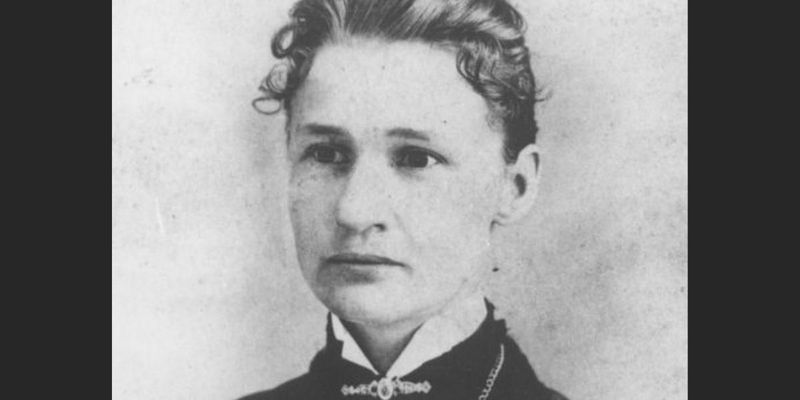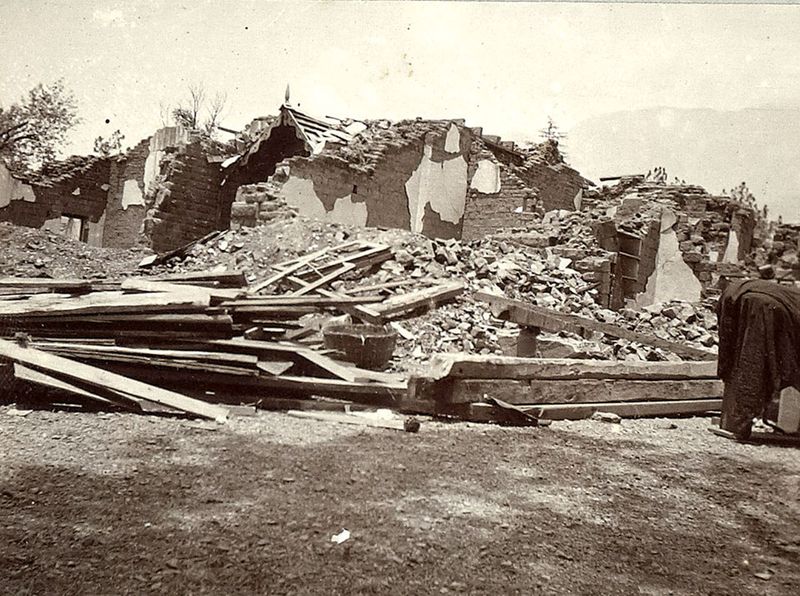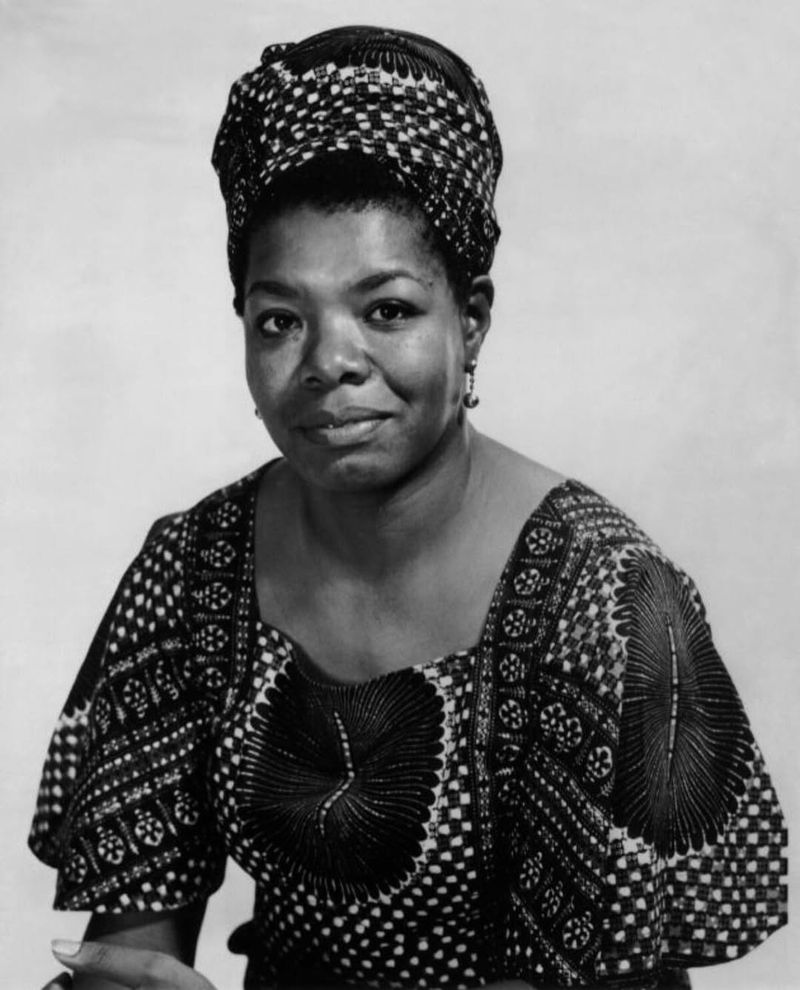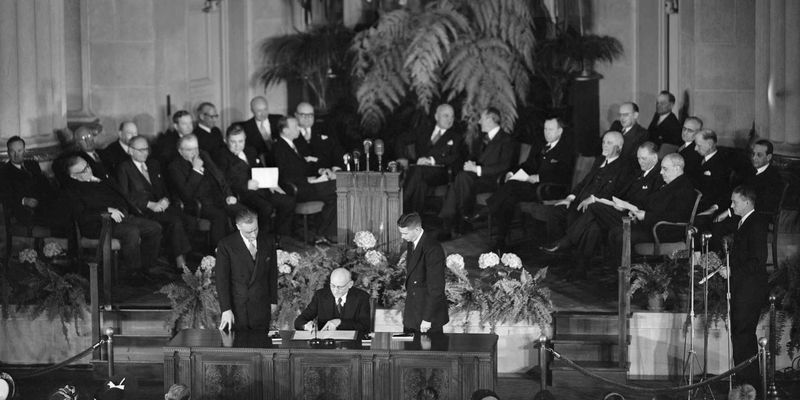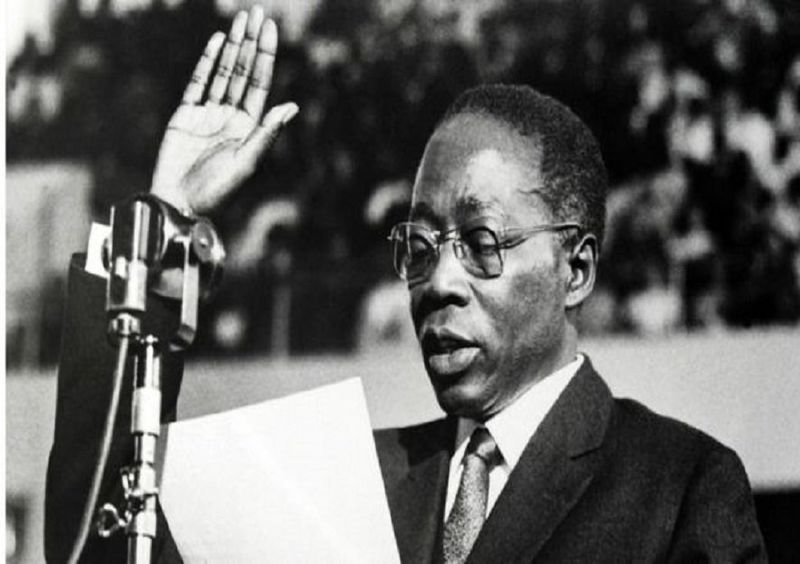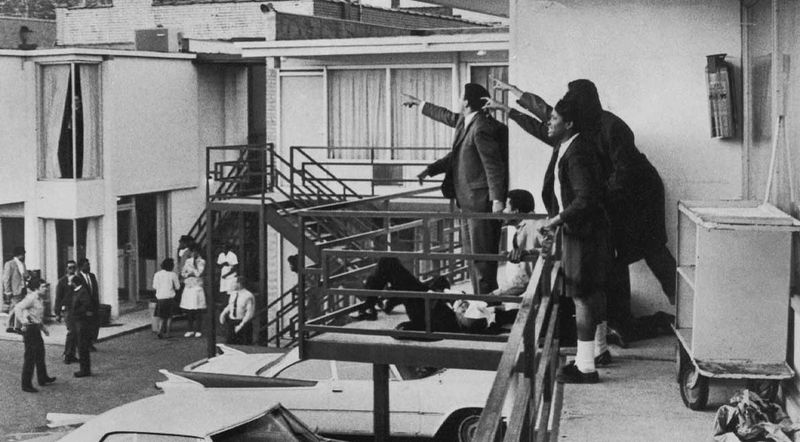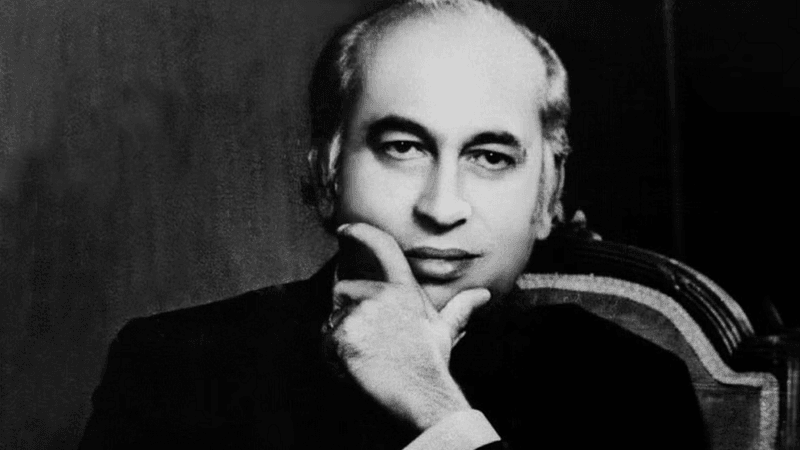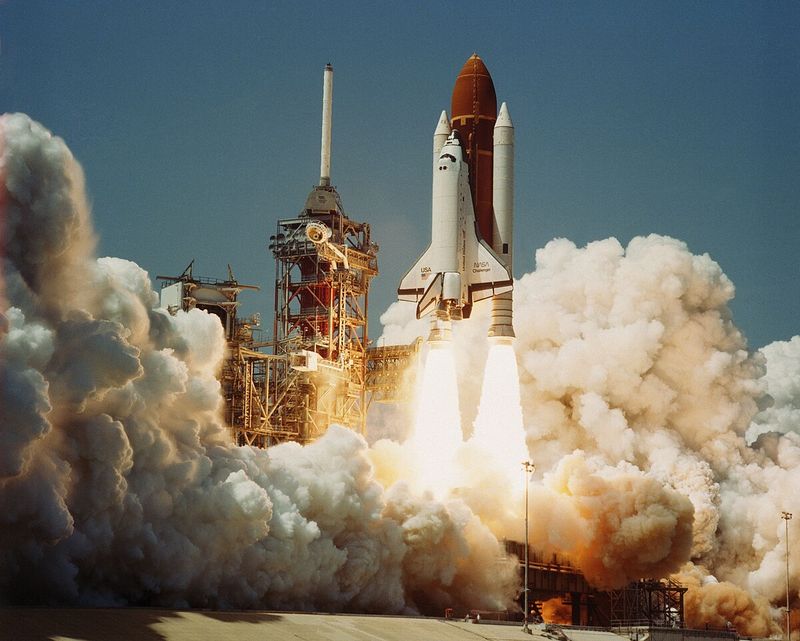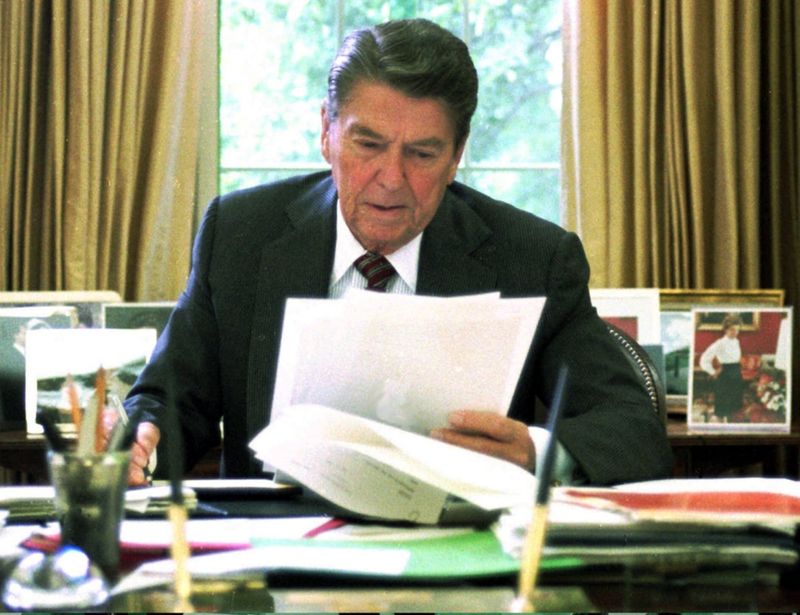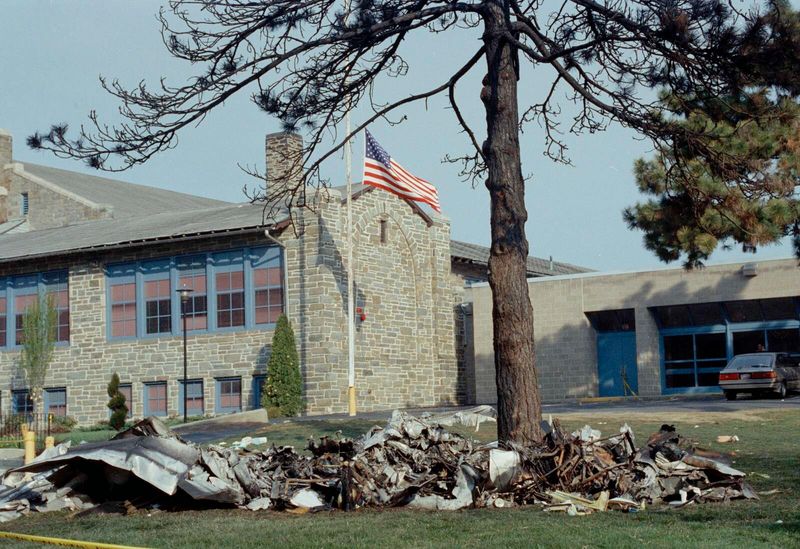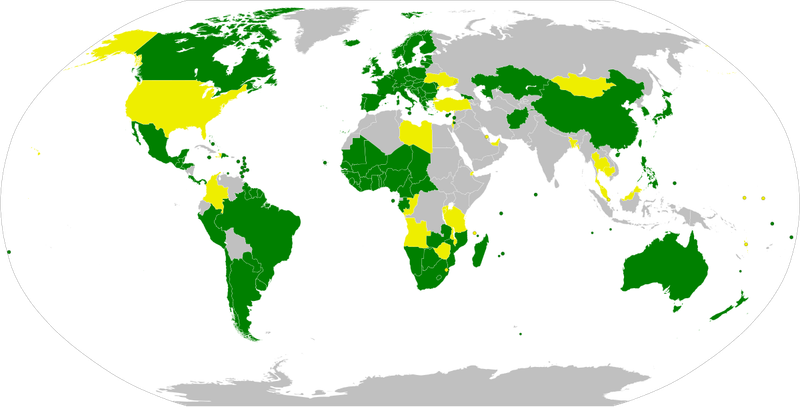April 4 has been a date marked by significant historical events across various fields including politics, science, and culture.
From royal honors to technological breakthroughs, this day has witnessed moments that reshaped nations and influenced global narratives.
Let’s explore 20 remarkable events that happened on this date.
1. 581 – Sir Francis Drake is knighted for completing a circumnavigation of the world
Sir Francis Drake, a daring explorer and naval commander, was knighted by Queen Elizabeth I on April 4, 1581. His knighthood was a reward for completing a successful circumnavigation of the globe, a feat that bolstered England’s maritime prowess.
The ceremony took place aboard the Golden Hind, Drake’s ship, symbolizing triumph and adventure. Drake’s voyages were instrumental in expanding England’s influence and challenging Spanish dominance on the seas.
His knighthood was not just a personal accolade but a national celebration, enhancing England’s reputation and inspiring future explorers.
2. 1721 – Sir Robert Walpole becomes the first Prime Minister of Great Britain (de facto)
On April 4, 1721, Sir Robert Walpole became the first de facto Prime Minister of Great Britain, serving as the head of the government.
Walpole’s leadership marked the beginning of the modern British political system, establishing the cabinet’s prominence. Known for his political acumen, he navigated complex issues with ease and maintained peace during his tenure.
His policies laid the groundwork for future leaders and solidified the Prime Minister’s role. Walpole’s influence extended beyond politics, as he was a patron of the arts and education, leaving a lasting legacy.
3. 1818 – The United States Congress adopts the flag of the United States with 13 red and white stripes and one star for each state (then 20)
April 4, 1818, marked a defining moment in the United States as Congress adopted a new design for the national flag.
The design featured 13 red and white stripes, representing the original colonies, and added one star for each state, totaling 20 at the time. This change reflected the nation’s growth and unity. The flag became a symbol of American identity and patriotism.
The decision showcased the country’s democratic principles and its commitment to acknowledging each state’s significance within the union, strengthening national pride.
4. 1841 – President William Henry Harrison dies of pneumonia, becoming the first U.S. president to die in office
On April 4, 1841, President William Henry Harrison passed away from pneumonia, becoming the first U.S. president to die in office. His sudden death, just 31 days after taking office, shocked the nation and raised questions about presidential succession.
The tragedy highlighted the importance of clear constitutional provisions for such scenarios.
Harrison’s brief tenure and untimely passing led to the first use of the presidential line of succession, setting a precedent for future administrations and shaping American political history.
5. 1850 – Los Angeles is incorporated as a city
April 4, 1850, marked the incorporation of Los Angeles as a city, signifying a new era of growth and development. Originally a small pueblo, Los Angeles evolved into a bustling metropolis, becoming a cultural and economic hub.
The city’s incorporation laid the foundation for its transformation into a global city, attracting diverse populations and industries.
Los Angeles’ growth was fueled by its strategic location, natural resources, and entrepreneurial spirit, shaping its distinct identity and contributing to California’s prominence.
6. 1865 – Abraham Lincoln visits Richmond, Virginia, after the city falls to the Union forces
April 4, 1865, saw President Abraham Lincoln visiting Richmond, Virginia, after its fall to Union forces during the Civil War. Lincoln’s visit symbolized victory and reconciliation, as he walked through the streets of the Confederate capital.
His presence was a powerful message of unity and healing, highlighting his vision for a reunited nation.
Lincoln’s leadership during this pivotal time shaped the course of American history, as he sought to mend the deep divisions caused by war and lay the groundwork for reconstruction.
7. 1887 – Argonia, Kansas elects Susanna M. Salter as the first female mayor in the United States
On April 4, 1887, Susanna M. Salter made history by becoming the first female mayor in the United States, elected in Argonia, Kansas. Her election was a significant milestone in the women’s suffrage movement, challenging traditional gender roles.
Salter’s victory was unexpected and initially intended as a joke by local men, but she proved to be a capable leader.
Her tenure inspired other women to pursue political office, demonstrating that women could govern effectively and contribute to public life, paving the way for future generations.
8. 1905 – In India, an earthquake near Kangra kills more than 20,000
April 4, 1905, was a day of tragedy in Kangra, India, as a devastating earthquake struck, claiming over 20,000 lives. The quake, measuring 7.8 on the Richter scale, caused widespread destruction, leveling villages and leaving survivors in dire situations.
The disaster highlighted the need for better preparedness and response mechanisms in earthquake-prone regions.
Relief efforts were hindered by the terrain and lack of resources, emphasizing the importance of infrastructure and community resilience. This event remains one of India’s deadliest earthquakes, shaping future disaster management strategies.
9. 1928 – Maya Angelou, American author, poet, and activist, was born
Born on April 4, 1928, Maya Angelou emerged as a towering figure in American literature and civil rights activism. Her works, rich with themes of identity, resilience, and empowerment, have inspired countless readers worldwide.
Angelou’s autobiographies, particularly “I Know Why the Caged Bird Sings,” showcase her extraordinary life journey and profound impact on society. Her voice, both powerful and poetic, broke barriers and championed equality.
Angelou’s legacy continues to resonate, encouraging new generations to embrace their stories and challenge injustice with courage and grace.
10. 1949 – NATO is established by the United States, Canada, and several Western European nations
On April 4, 1949, the North Atlantic Treaty Organization (NATO) was established, marking a significant alliance in global politics.
Formed by the United States, Canada, and several Western European countries, NATO aimed to ensure collective security against potential threats, particularly from the Eastern Bloc.
The treaty emphasized mutual defense, with an attack on one member considered an attack on all.
NATO’s formation marked a new era in international relations, fostering cooperation and peace among member nations. Its enduring presence continues to influence global security dynamics.
11. 1960 – Senegal achieves independence from France
April 4, 1960, is celebrated as Senegal’s Independence Day, marking its liberation from French colonial rule. The path to independence was filled with negotiations and peaceful transitions, led by visionary leaders like Léopold Sédar Senghor.
Senegal’s independence was a significant moment in Africa’s decolonization process, inspiring other nations to pursue self-determination.
The new republic took steps to build a strong national identity, blending traditional African values with modern governance. Senegal’s journey to independence remains a symbol of hope and resilience, as it continues to grow and thrive.
12. 1968 – Martin Luther King Jr. is assassinated by James Earl Ray at a motel in Memphis, Tennessee
The tragic assassination of Martin Luther King Jr. occurred on April 4, 1968, at the Lorraine Motel in Memphis, Tennessee. King’s death was a profound loss for the civil rights movement and the nation.
His vision of equality and nonviolent resistance had inspired millions to fight for justice. The assassination sparked widespread grief and anger, leading to riots in cities across the United States.
King’s legacy lives on through his speeches and writings, continuing to inspire generations to pursue equality and justice with unwavering determination.
13. 1973 – The World Trade Center in New York is officially dedicated
April 4, 1973, marked the official dedication of the World Trade Center in New York City, a symbol of architectural innovation and economic strength. The twin towers, standing tall in the Manhattan skyline, represented progress and global trade.
Designed by architect Minoru Yamasaki, the towers were marvels of engineering and design. The World Trade Center became a hub for business and commerce, drawing people from around the world.
Its iconic presence left a lasting impact on the city and the world, embodying hope, ambition, and resilience.
14. 1975 – Microsoft is founded by Bill Gates and Paul Allen in Albuquerque, New Mexico
On April 4, 1975, two young visionaries, Bill Gates and Paul Allen, founded Microsoft in Albuquerque, New Mexico. Their shared passion for computing and innovation laid the foundation for what would become a technological powerhouse.
Microsoft revolutionized the software industry with its operating systems and applications, shaping how people interact with technology.
Gates and Allen’s entrepreneurial spirit and commitment to excellence fueled Microsoft’s rapid growth. Their journey exemplifies the transformative potential of technology and continues to inspire aspiring entrepreneurs to this day.
15. 1979 – Zulfikar Ali Bhutto, the Prime Minister of Pakistan, is executed by hanging
April 4, 1979, was a day of turmoil and controversy as Zulfikar Ali Bhutto, the former Prime Minister of Pakistan, was executed by hanging. Bhutto’s execution followed a controversial trial that divided the nation and raised questions about justice.
A charismatic leader, Bhutto had played a pivotal role in shaping Pakistan’s political landscape, advocating for democracy and progress.
His death marked the end of an era and left a lasting impact on the country’s politics. Bhutto’s legacy endures through his contributions to Pakistan’s development and democratic ideals.
16. 1983 – The Space Shuttle Challenger makes its maiden voyage into space (STS-6)
On April 4, 1983, the Space Shuttle Challenger embarked on its maiden voyage, marking a new chapter in space exploration.
The STS-6 mission, launched from Kennedy Space Center, introduced innovative technologies and expanded our understanding of space capabilities. The Challenger carried a crew of skilled astronauts who conducted experiments and deployed satellites.
This successful mission highlighted NASA’s commitment to advancing space science and inspired a new generation of explorers. The Challenger’s journey paved the way for future missions and contributed to the growth of human spaceflight.
17. 1984 – President Ronald Reagan calls for an international ban on chemical weapons
April 4, 1984, saw President Ronald Reagan addressing the global community with a call for an international ban on chemical weapons. His plea emphasized the need for collective action to prevent the proliferation of these destructive arsenals.
Reagan’s leadership in advocating for disarmament showcased a commitment to global peace and security. His call resonated with nations worldwide, leading to increased efforts towards chemical weapons treaties.
Reagan’s stance on this issue reflected his broader vision of reducing global tensions and promoting a safer world for future generations.
18. 1991 – Senator John Heinz of Pennsylvania and six others are killed in a plane crash
The tragic plane crash on April 4, 1991, claimed the life of Senator John Heinz of Pennsylvania, along with six others. Heinz, a respected politician and philanthropist, was known for his dedication to public service and environmental causes.
The accident occurred when his chartered aircraft collided with a helicopter, resulting in a devastating loss. Heinz’s untimely death left a void in Pennsylvania politics and was mourned by colleagues and constituents alike.
His legacy of compassionate leadership and commitment to sustainability continues to inspire those who follow in his footsteps.
19. 2002 – The Angolan government and UNITA rebels sign a peace treaty ending the Angolan Civil War
April 4, 2002, marked a turning point in Angola’s history as the government and UNITA rebels signed a peace treaty, ending the protracted civil war. The conflict, which lasted nearly three decades, had devastated the nation and its people.
The peace agreement was a result of tireless negotiations and a collective desire for reconciliation. It signaled a new beginning for Angola, as the nation embarked on a journey of recovery and rebuilding.
The treaty’s signing highlighted the power of dialogue and compromise in achieving lasting peace and stability.
20. 2013 – More than 70 countries sign the Arms Trade Treaty in an effort to regulate the international trade of conventional weapons
On April 4, 2013, a historic milestone was achieved as more than 70 countries signed the Arms Trade Treaty, aiming to regulate the international trade of conventional weapons.
The treaty sought to prevent illicit arms transfers, reduce violence, and promote global security. This landmark agreement was the result of years of negotiations and advocacy by nations and civil society groups.
The signing of the treaty represented a collective commitment to responsible arms trade practices, reflecting a shared vision of peace and cooperation. Its implementation continues to impact global arms trade dynamics.

